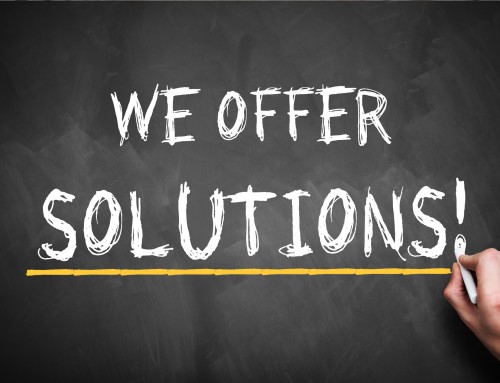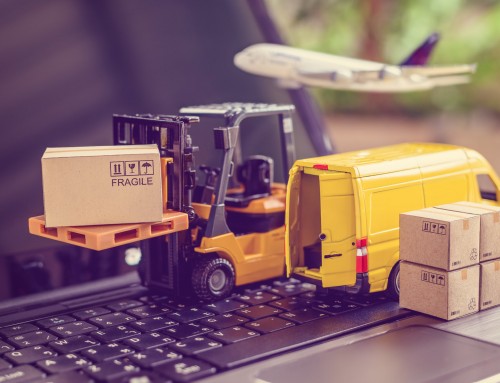When your ecommerce business has grown to the point that you are overwhelmed by processing and shipping orders, you may well be considering other options. It’s important that you understand the difference between a distribution center and a fulfillment center when you are making decisions that will have a significant impact on your business future.
What Is A Distribution Center?
A distribution center is a warehouse that is used to receive products, temporarily hold them, and then redistribute them to a variety of places. Generally, distribution centers are owned by the business that markets the products, and those products are sent out to different retail outlets. For instance, Walmart, the largest retailer in the United States, has 191 distribution centers throughout the country as of September 2020. These distribution centers send products to the retail Walmart stores; they also provide products to stores through the online click and collect option; and they can ship items directly to customers.
What Is A Fulfillment Center?
A fulfillment center does the same things a distribution center does, and many more. One key difference is that a fulfillment center is a third party logistics (3PL) provider. That means that it works with a number of clients and a number of shippers. Fulfillment centers usually offer a whole suite of services, from receiving and processing online orders to packaging to delivery. Fulfillment centers are totally scalable; you may start with basic inventory control and shipping, and increase to other services as your business grows. Let’s look at some of the services a good fulfillment center can provide:
Receiving
The order fulfillment process starts with receipt of inventory, which is pre-marked with a unique barcode identifier (UPC/EAN or SKU) that you provide according to the 3PL placement guidelines. All product is counted, verified and quality-checked for any damage issues.
Storage
The fulfillment center stores its inventory from highest-picked to least-picked, positioning fastest moving inventory in a location that’s more easily accessible than slower-moving product. So you will need to be able to provide data about the demand for your product, and the fulfillment center will store it accordingly. Since fulfillment centers are experts in logistics, they generally have excellent inventory storage and management procedures, one of the keys to effective ecommerce fulfillment.
Processing
A good fulfillment center offers integrated technology that allows it to receive online orders directly from the client’s ecommerce shopping cart or other platform. That information is then incorporated into the Warehouse Management System (WMS). That system initiates workers picking and packing the order. Additionally, the inventory is automatically updated, and that information is readily available to the client.
Shipping
The integration of technology continues with the WMS communicating with the Transportation Management System (TMS). A fulfillment center often works with all the major shipping carriers like FedEx, UPS, and USPS as well as independent truckers and smaller carrier companies. An exceptional fulfillment center will have a strong network of carriers to draw from. Their established network gives them access to more frequent and flexible shipping options, and their high volume shipping power gives them the ability to cut shipping costs, often by as much as 35-50%.
Returns Processing
Most fulfillment centers have the ability to manage the returns process of ecommerce fulfillment orders too. With online returns increasing by more than 50% in recent years, it’s quickly become a critical operation within the fulfillment process. The key aspects of a reverse logistics program include the management of customer return labels, product inspection upon return, credit reconciliation, product disposition, product repackaging, and restocking or disposal.
Specialized Services
In addition to the above functions, many fulfillment centers also have custom kitting and assembly capabilities like custom packaging, personalization, or subscription box services. Some also offer customer support services via a call center with trained agents who manage inbound and outbound calls and emails for B2B and B2C customers.
Knowing the difference between a distribution center and a fulfillment center is crucial. As you business grows, working with a good fulfillment center lets you access all the advantages of the expertise it offers in fulfillment and logistics, while you concentrate your time and energy on the cores of your business.



